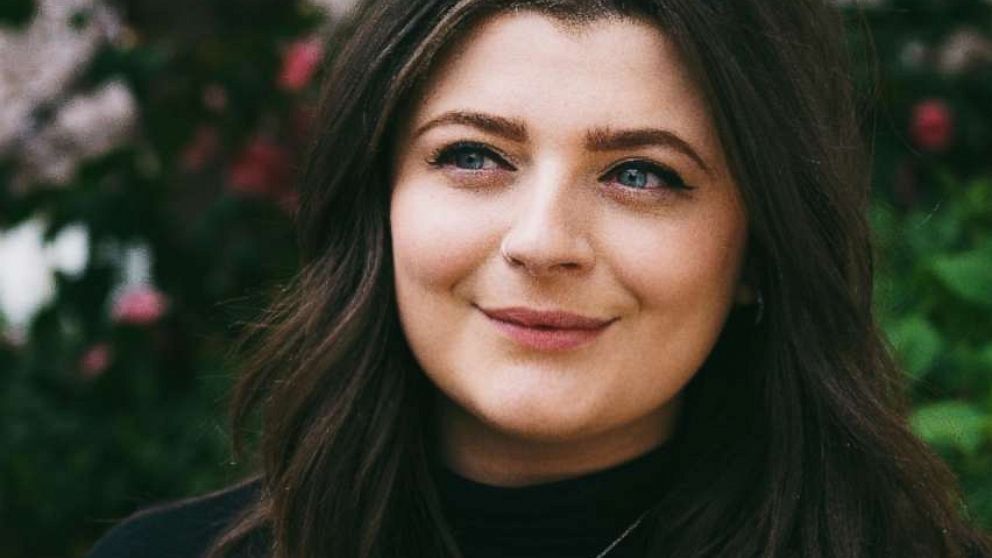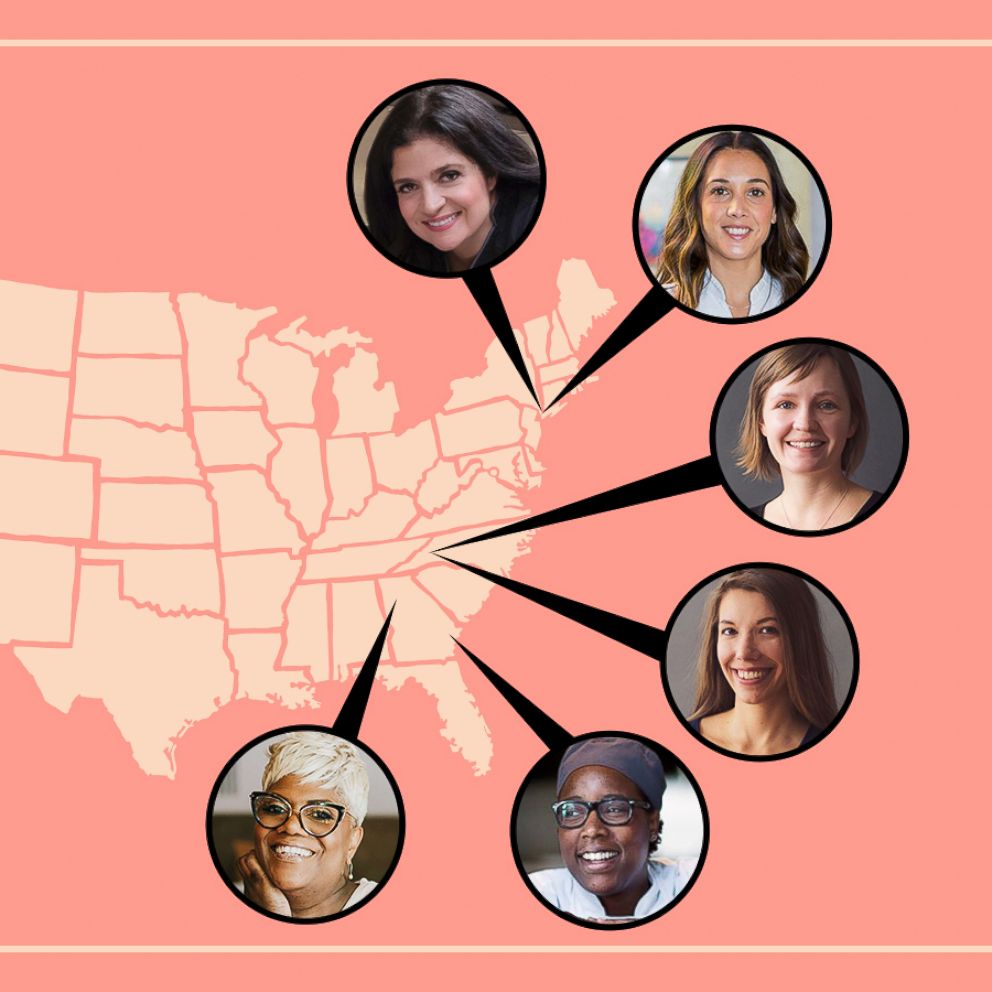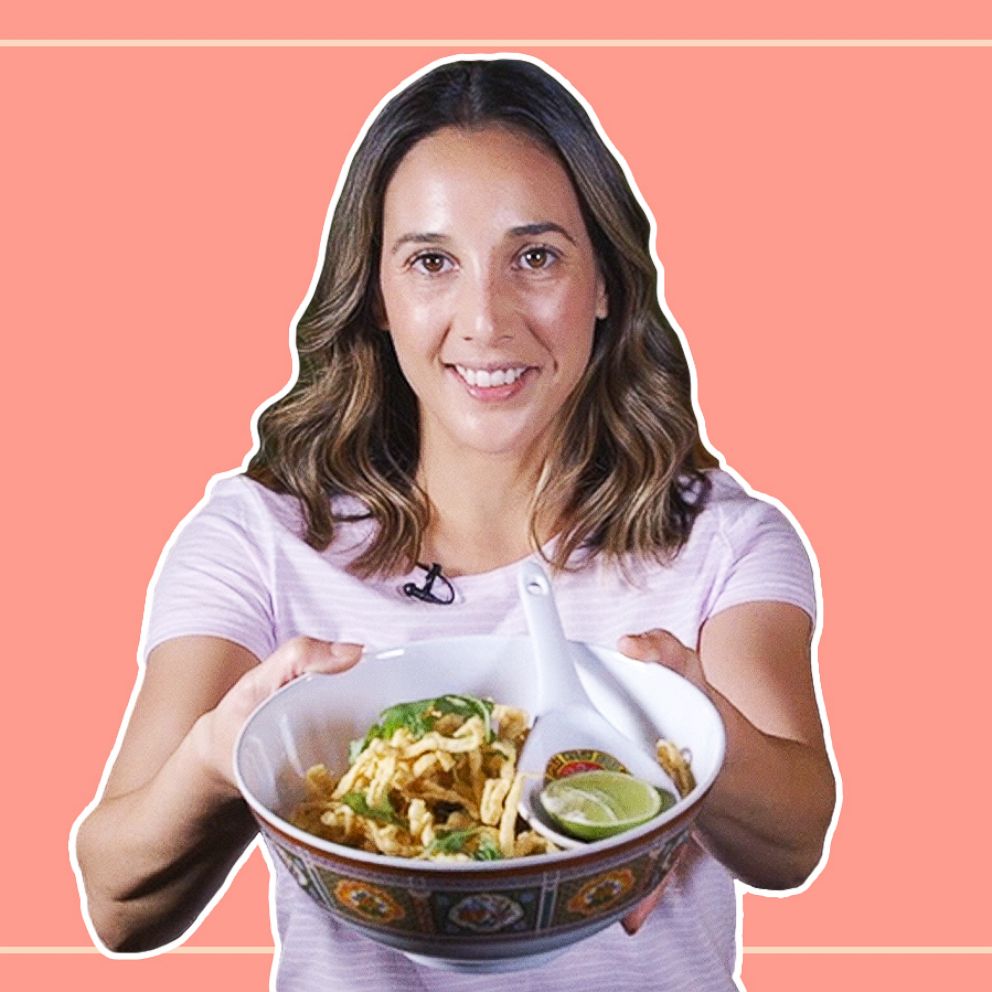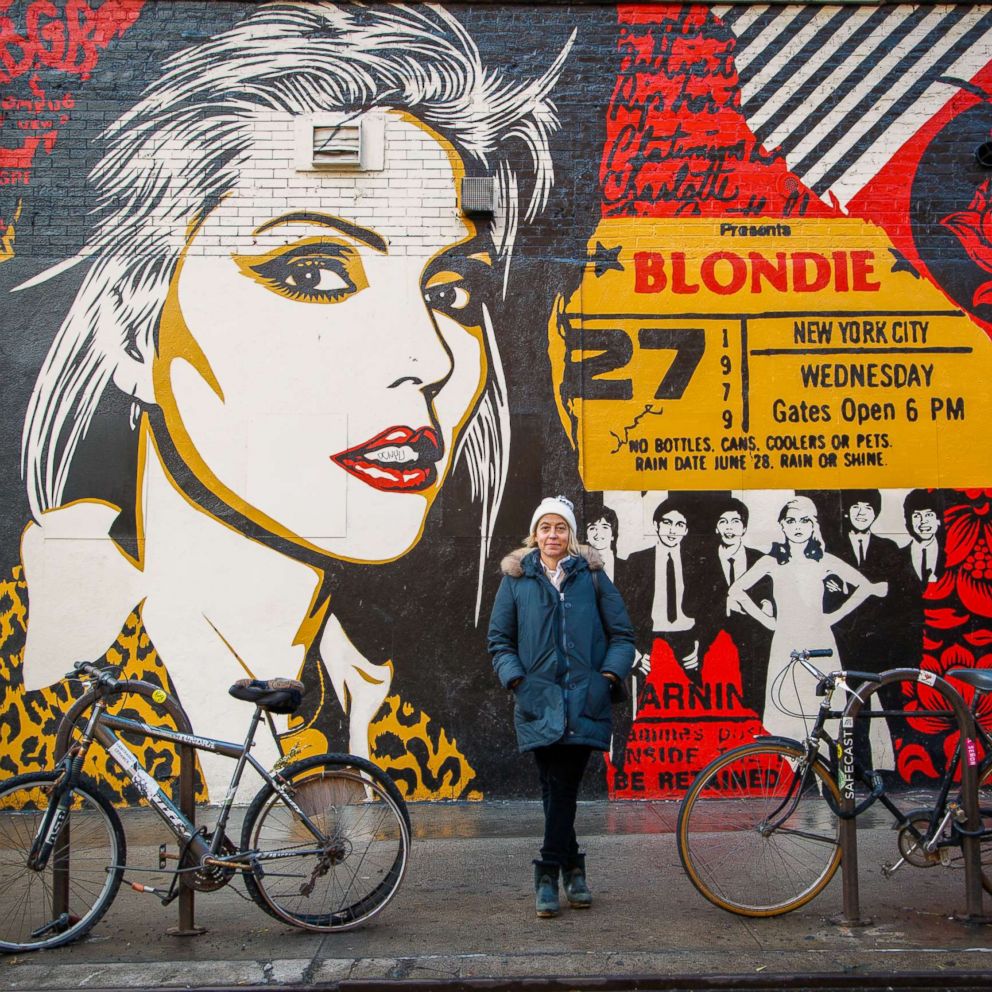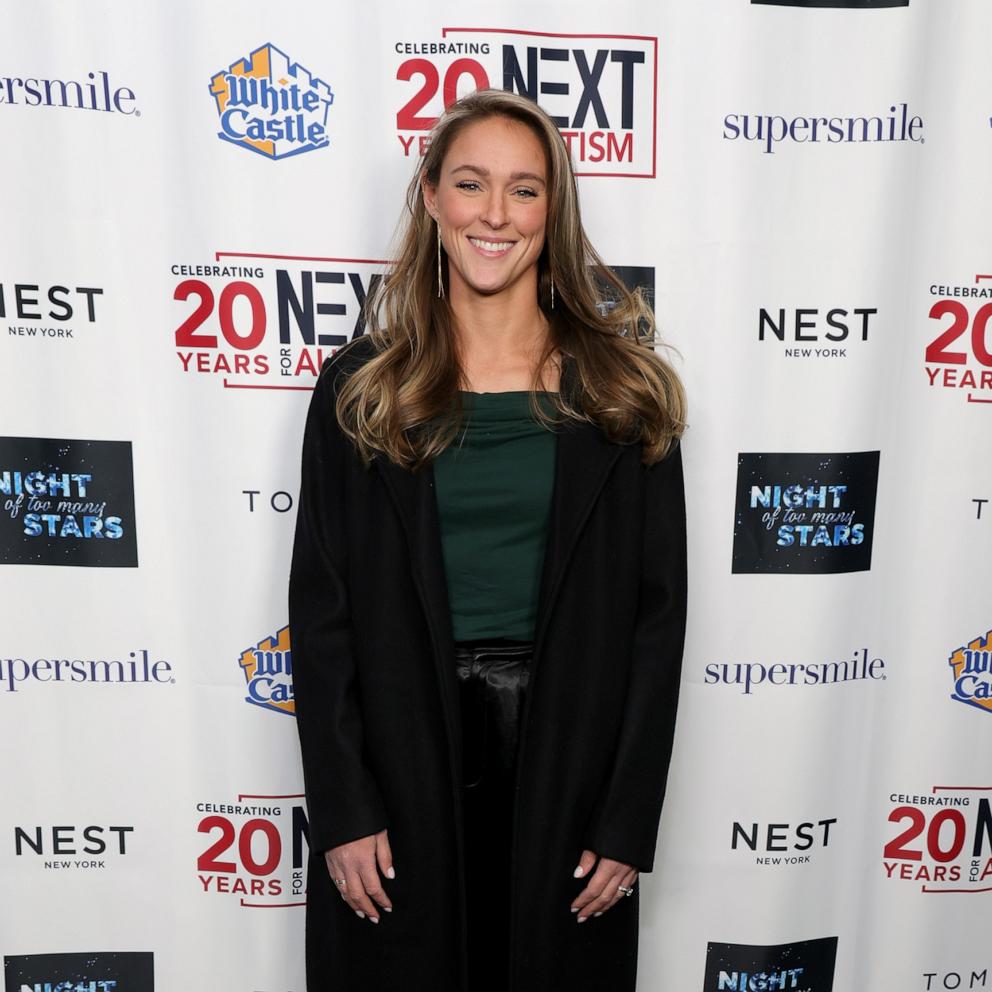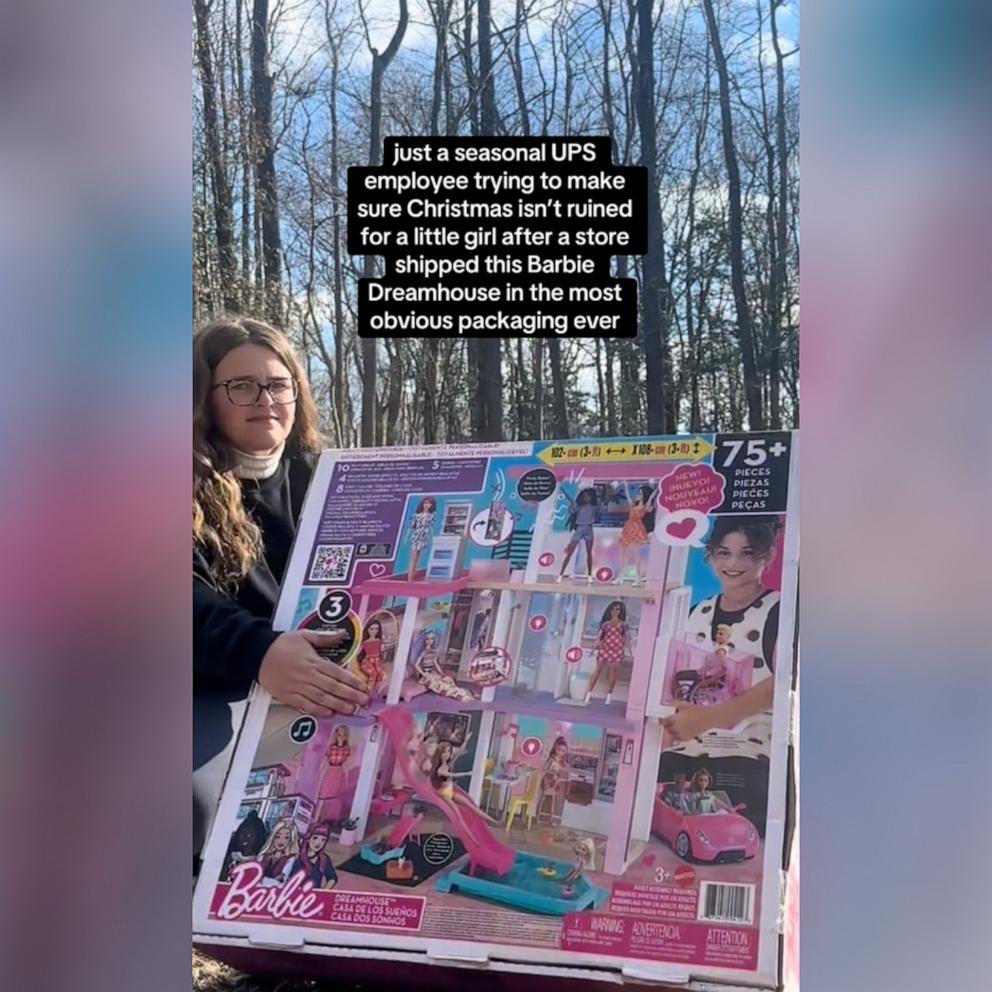How I fight sexism as one of the few female butchers in a male-dominated industry
Jessica Wragg, a butcher in London, is the author of "Girl on the Block -- A True Story of Coming of Age Behind the Counter." At 16, Wragg never imagined butchery, a predominantly male-dominated profession, would become her life's work and passion. In her new book and personal essay here, Wragg details her experiences facing ageism and sexism behind the counter, and how she wants to make the industry more inclusive for "women of meat."
"We need women's voices more than ever to add to the wider conversation," she writes. "The meat industry can no longer be dominated by men because we need as many perspectives as we can possibly get."
Read her story below.
He had a wad of £20 notes in his hand, looking over the counter hungrily, everything from the creamy white fat of the beef to the chicken breasts drying out a little beneath the canopy of overhead yellow lights. Every so often, his eyes would flicker up to me and to my face as I stood awkwardly waiting for him to make a decision. I had stopped working, my fingers resting delicately on the knife which sat at an angle to the French-trimmed rib of beef on the block.
"You know, I used to be a butcher."
"Not bad, but let me show you a better way."
"Look, you're too young and pretty to be doing this work. If you're going to have a go at least let me show you how."
"Come on. Look, I'll give you a couple of notes if you just let me show you the real way that's done."
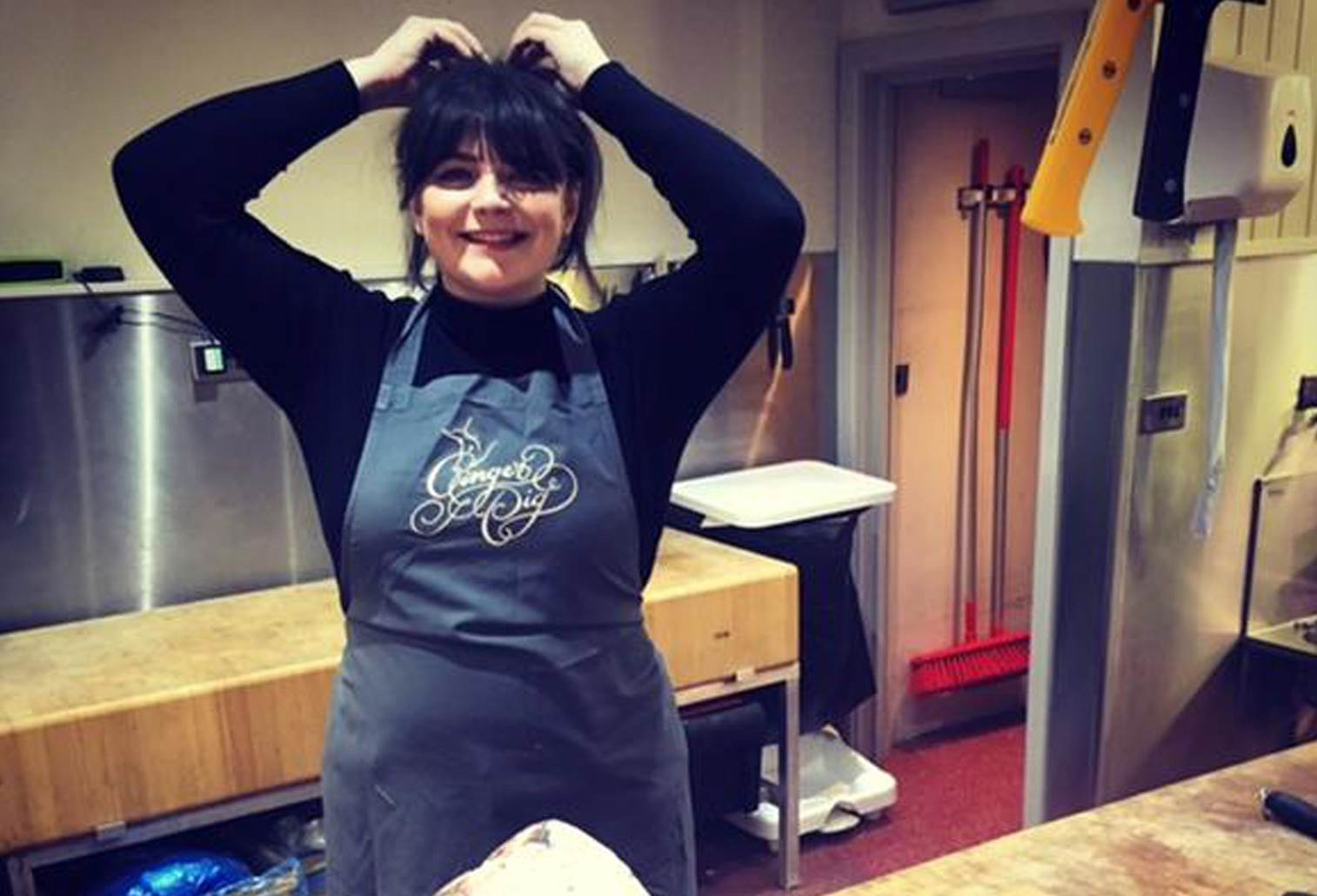
The remarks are countless. This was the third time that a man had tried to take a knife from me whilst working behind a block, and not just any man, but a customer who had come to the shop to buy his own meat.
Women in the meat industry are still the surprise; behind the counter, in abattoirs, in the farming sector. From field to fork it this industry, despite being so vast and complex, men outnumber women on a gigantic scale. I once heard, perhaps seven years ago, that there were at one time only twenty female butchers in the U.K. True or not, that statistic wasn't in my head when I first began my journey.
I was 16 and needed a Saturday job. Money was what motivated me, even when I told my new manager I didn't mind which department I was to begin in and they put me on the butchery counter. I was unfazed having to touch raw meat, or when I noticed that I was one of the only permanent female member of staff. I didn't bat an eyelid when the men began to sexualize my bare, teenage ankles in black skinny jeans, or when they commented on my weight loss, the quality of my makeup, when one of the men aged 40 asked me to go on a caravan holiday with him. What I was fazed by was the fact that not a single one of them wanted to help me learn.
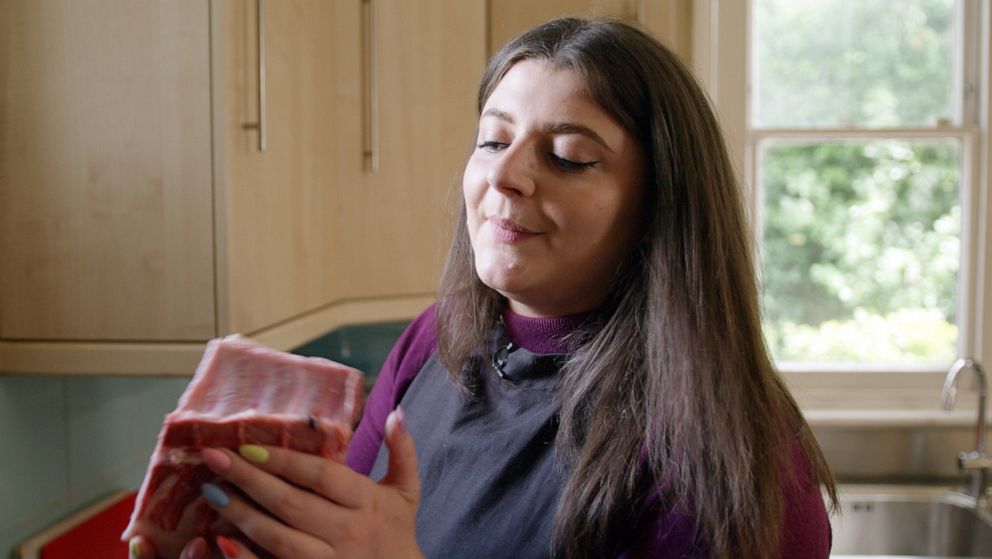
Old-school butchers of over 50 are a difficult breed. Their knowledge is their livelihood, and for a 16-year old to come into their world wanting to be shown things that they had to work for 20 years to learn, they take offense. Any knowledge I have now had to be worked for, I had to prove myself, earn their trust and respect and continue to ask questions.
It was almost expected that I didn't want to learn. In my first job, I'd spend hours researching cuts online, then come into work the next day asking to be shown how to remove the aitch bone from a leg of lamb or French trim a loin of pork. It was always the same answer: "I haven't got the time." And so I kept pushing. I asked every day, maybe two times a day, to be shown the most basic of skills. It was out of annoyance, rather than willingness, that I was shown one day how to break down a lamb, and even then the tuition was rapid and thoughtless. I was expected to pick it up, but that's the thing with butchery: Picking it up just isn't that easy. It took practice, months of it, before I could take a body of lamb and swiftly break it into primals, and even then the finished product wasn't too neat. Often, it felt as though I was swimming upstream against a heavy, strong current.
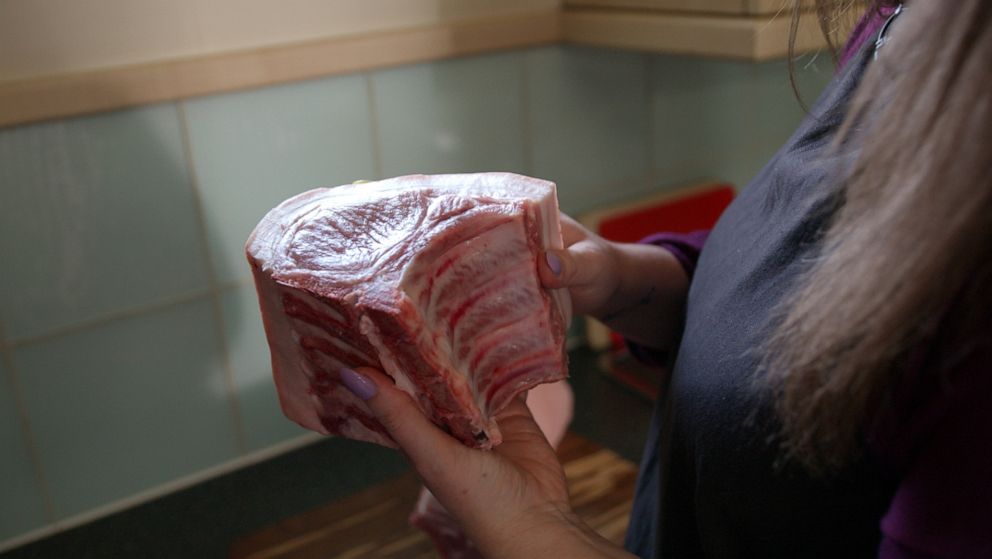
The way to encourage more women into this industry has changed over the last 10 years. When I began, it was about spreading visibility, showing that this is an industry with plenty of opportunities both behind the counter and in senior roles. It was about rewarding women, encouraging them, showing that the meat industry was a viable, exciting and interesting career choice.
I believe now this has changed slightly; it's still about all of those things, but now we need women's voices more than ever to add to the wider conversation.
The meat industry needs to adapt to changed ideas of health and diet, to listen to climate change concerns and to hear consumers when they speak of animal welfare issues, all of which have come around because of our own voracious appetites for cheap meat.
The meat industry can no longer be dominated by men because we need as many perspectives as we can possibly get.
Our relationship with the meat industry is complex, and will always evolve. The term "female butcher" seems redundant, almost offensive now. Like most things, we shouldn't need to specify ourselves as different. Yet to me, I feel that we'll always need to add the "female." That is, until women are no longer the surprise.
"Girl on the Block" is available now in the U.S. and comes out Sept. 19 in the U.K.
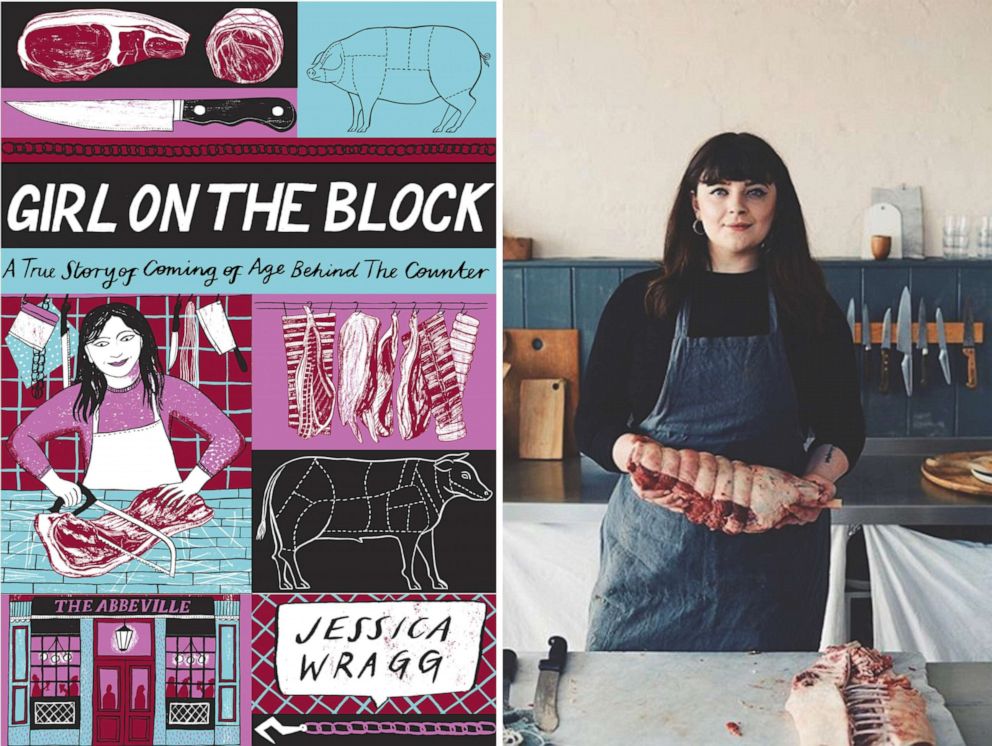
Editor's note: This was originally published on Aug. 25, 2019.
